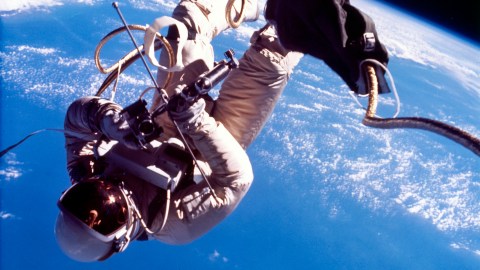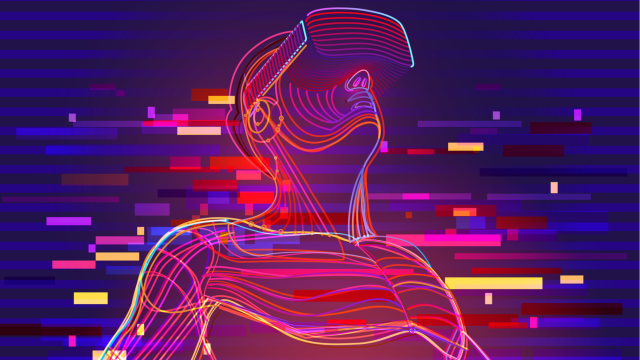New space dangers found by NASA in astronaut blood

Credit: NASA
- A NASA study reveals new dangers to the human body in space.
- The absence of gravity caused changes in people’s blood flows.
- Some had blood going in reverse while others developed clots.
Humanity’s expansion into space is both a hopeful and risky endeavor. A new study from NASA identified a new danger – low gravity can make blood flow stop and actually go in reverse in some astronauts.
The condition particularly applied to people’s upper bodies. What its implications are for long-term health is still being studied but it appears to join the other space afflictions that we already know about, which include loss of mass and increased brittleness of bones.
The study arrived at this conclusion by looking at data from 11 astronauts (nine men, two women) who spent an average of six months each on the International Space Station.
Ultrasound assessments revealed that by around the 50th day into the mission, seven members of the crew had blood in their internal jugular vein stop flowing or even start going in reverse. This vein is a major blood vessel going down the side of the neck. Its function is to collect blood from the brain, neck and face.
One of the astronauts also developed a clot in the vein while still in flight, while another was found to have a partial clot upon coming back to Earth.
Having your blood flow in reverse definitely doesn’t sound appealing and the discovery raises additional alarms about the dangers of long-term space travel.
Michael Stenger, the study’s senior author, also a manager of the Cardiovascular and Vision Laboratory at NASA’s Johnson Space Center in Houston, called the finding “unexpected”.
“We did not expect to see stasis and reverse flow,” told Stenger to NBC News. “That is very abnormal. On Earth, you would immediately suspect a massive blockage or a tumor or something like that.”
Stenger attributes the issue to the absence of gravity, pointing to years worth of observations of physiological changes in astronauts.
“This is why some astronauts get puffy faces, because there’s no gravity to pull down those fluids circulating in the upper body,” explained Stenger. “You’ll sometimes also see veins popping out in the neck, or in the head — which you can see with bald astronauts, in particular.”
He pointed to stopped blood flow as probably the most worrisome aspect of the discovery, saying that this results in dangerous blood clots.
99.99% of species go extinct. What is humanity’s future?
While the research is concerning, it can be seen more as an opportunity to anticipate the risks and develop new treatments, say the scientists.
Check out the study “Assessment of Jugular Venous Blood Flow Stasis and Thrombosis During Spaceflight” In the medical journal Jama Network Open (from the American Medical Association).





